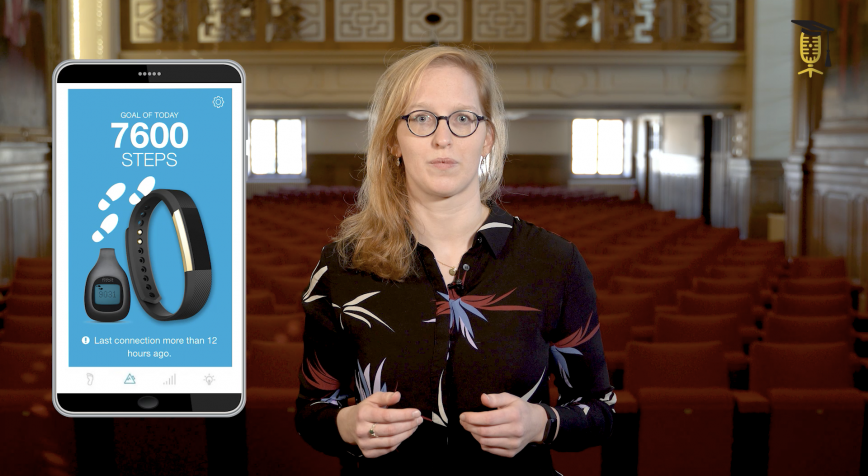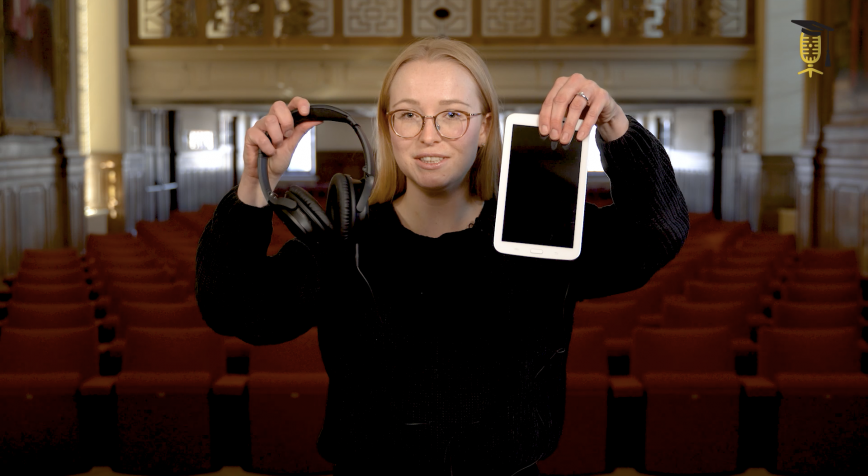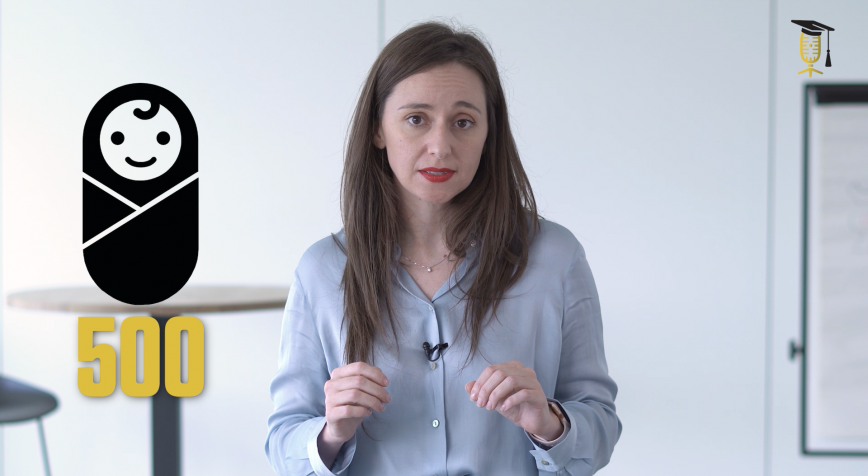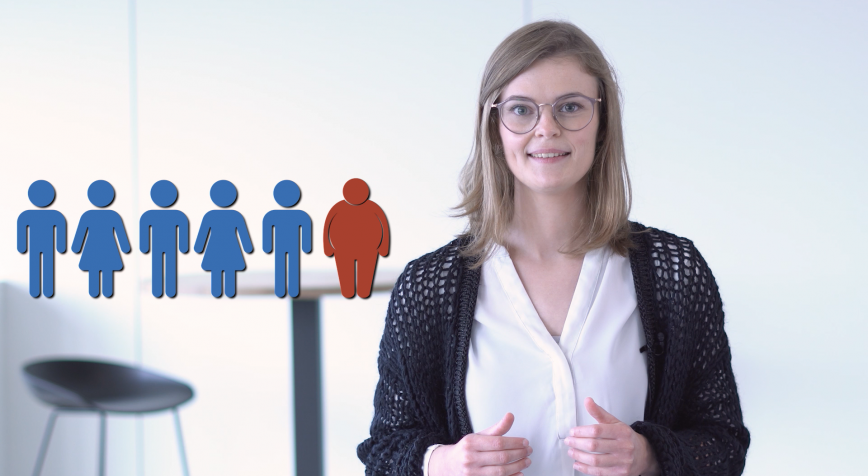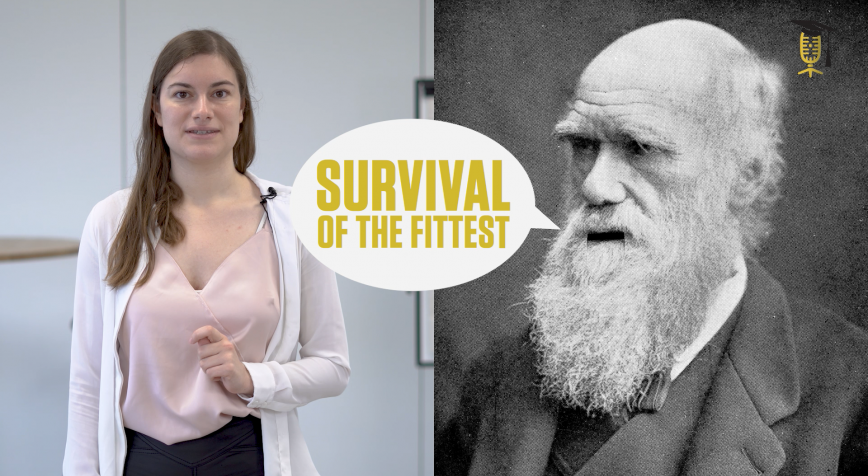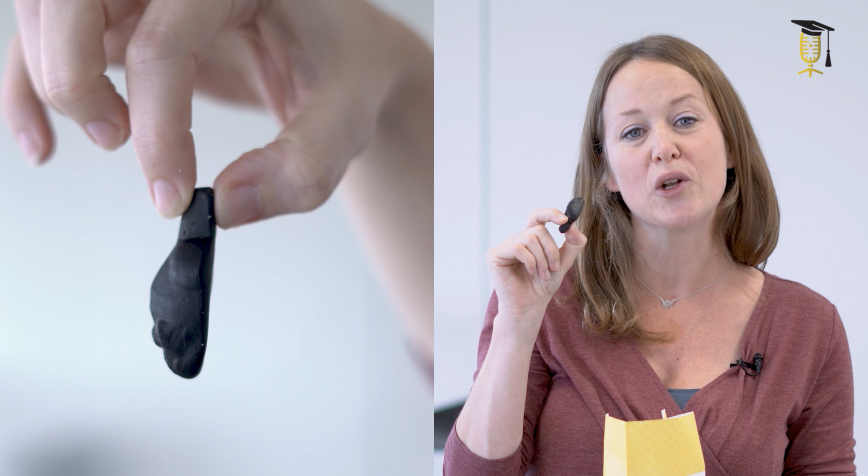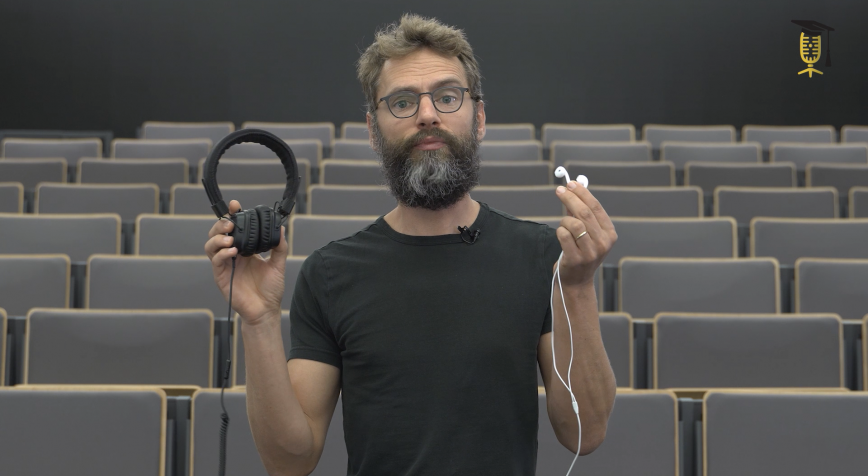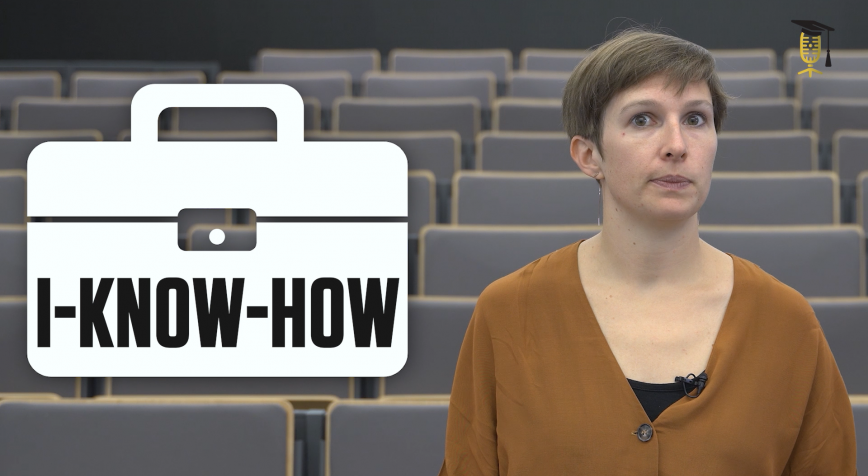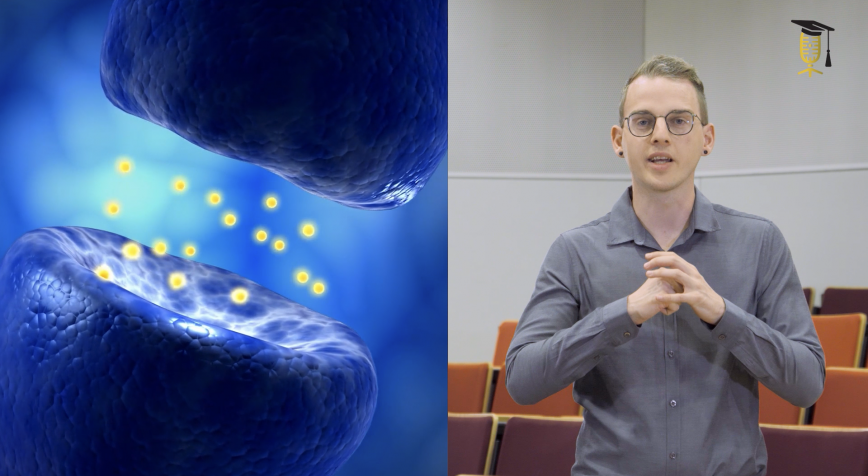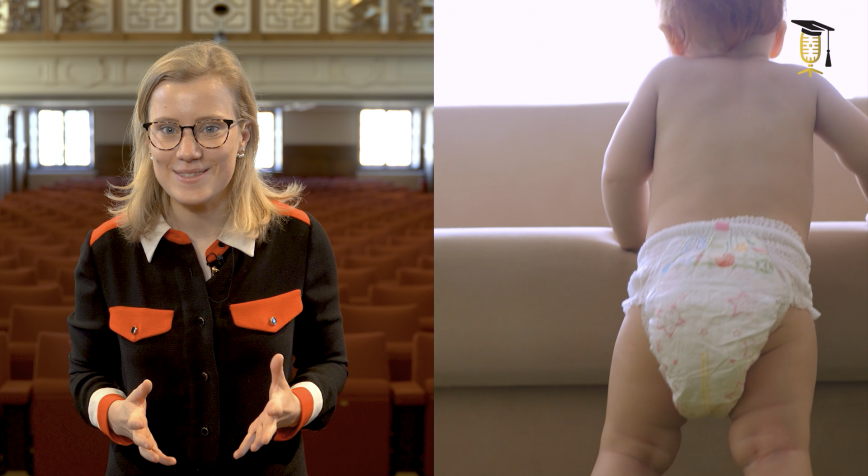
KU Leuven
What is the impact of a brain injury on babies and their muscle growth?
Watching a baby grow up is fascinating, isn't it? Especially that magical moment when it takes its first steps as a toddler. But did you know that one in five hundred babies is born with a permanent brain injury and may never be able to walk independently? Nathalie De Beukelaer (KU Leuven) hopes to change this with her research👇
